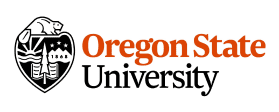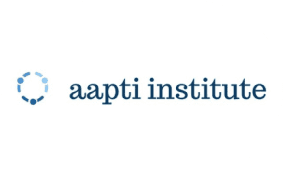





International Institute of Information Technology
IIT-Bangalore has been home to MOSIP since its inception in 2018. On an ongoing basis, the students
have contributed to solving engineering problems in MOSIP for real-world applications. Students have
contributed to the development of an Android equivalent of the Registration Client, which can be
installed on Android tablets.
CyLab-Africa, Carnegie Mellon University
CyLab-Africa, under the Upanzi Network Initiative, has contributed to MOSIP by working on 3
sub-projects to demonstrate
deployability, security, and interoperability with applications that may want to use it as a single
source of identity.
Alan Turing
Institute
The Alan Turing Institute continues to contribute to MOSIP through research projects. One such
endeavour is a project on
anomaly detection, aiming to explore how fraud can be detected in MOSIP systems. The Alan Turing
Institute is also
working on innovative inclusion measures related to better use of feature phones for identity
verification.
University of
Philippines
Having completed an elective course on digital ID systems with MOSIP Academy, the University of the
Philippines is now
engaging with MOSIP by offering internships and research opportunities to students, conducting
courses independently,
and exploring the possibility of building a MOSIP Experience Centre on the campus.
Oregon State
University
Oregon State University is conducting an important project that explores gender inclusion in Digital
Public Goods, using
MOSIP as a case study, through their GenderMag method.
Aapti
Institute
Aapti Institute, a think-tank studying the intersection of technology and society, has partnered
with MOSIP to assess
the accessibility of the platform through a lens of gender inclusion. The research is being
conducted through detailed
on-ground case studies in two MOSIP-adopting countries.
Visit Aapti’s Inclusion Hub to view the full report and digital ID toolkit.
Visit Aapti’s Inclusion Hub to view the full report and digital ID toolkit.





